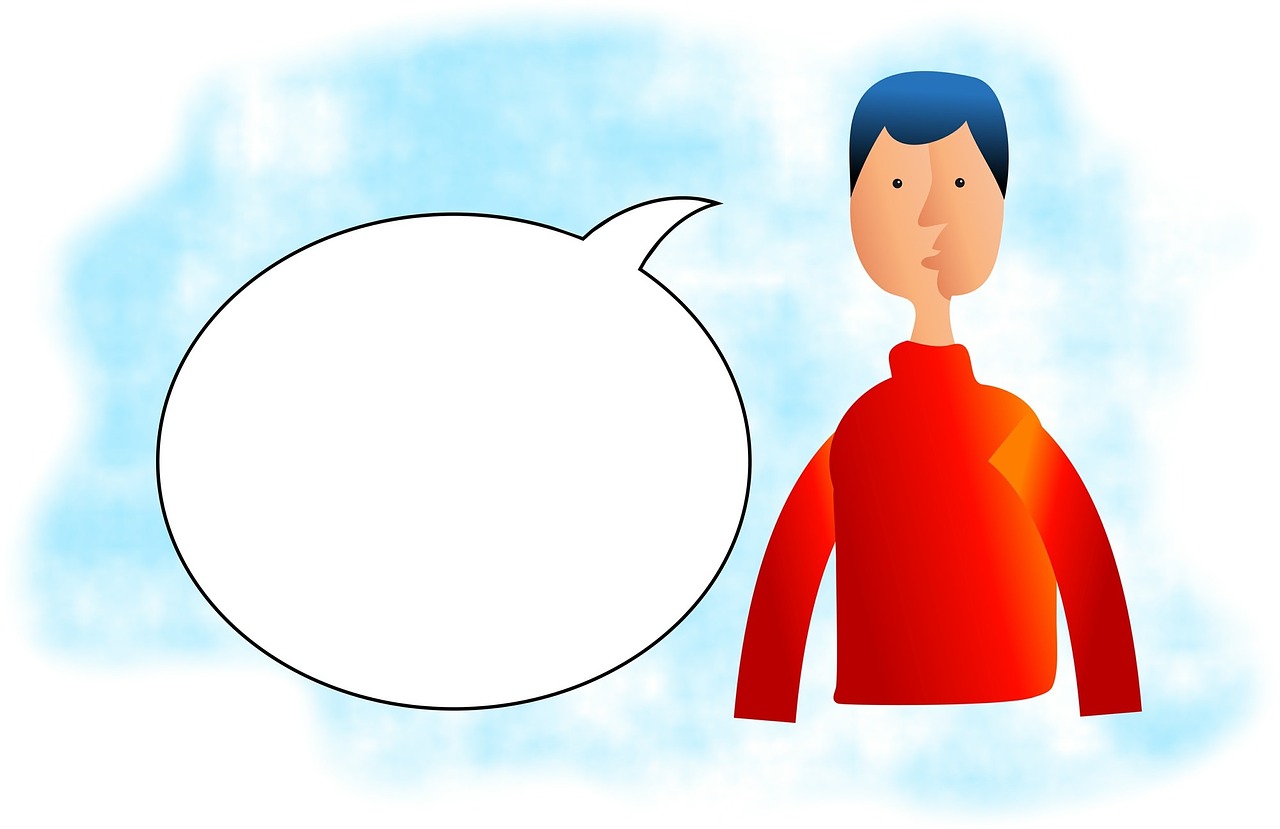It just may be the most improperly used phrase in the English language:
Interestingly, we often see or hear this phrase when a person wants to draw attention to his or her achievement, e.g., “I’m humbled that I was just voted the number one most awesome person in my industry…”
Doesn’t sound quite right, does it?
Humility involves a modest or low view of one’s own importance. Many who claim to be humbled go on to reveal the opposite ever so quickly: by quickly returning to a routine of self-promotion, or by focusing on his or her own accomplishments and achievements.
This isn’t to question the motives of everyone who uses this phrase. For some, it’s simply a way to indicate the attention they are now receiving is undeserved, or that the process has helped demonstrate how small they are in the big scheme of things.
Fellow writer Andy Burrows summed it up nicely, in response to a question I posted on LinkedIn: “I think when someone receives an award and says they’re ‘humbled’ they’re actually using the wrong words to express the sentiment that they don’t feel worthy,” he wrote. “They’re being honoured for doing something they didn’t do simply for the honour, and it would be something they’d do anyway without bragging about how honourable it is…Or, they don’t see themselves in the same league as others who could have received the award. In that sense, if they’re genuine, they’re humble rather than humbled.”
But even in this case, actions speak much louder than words. In fact, saying the words is almost self-defeating, because it shifts attention back to the speaker.
Most often, what we see today is people who utter this phrase out of a sense of duty or obligation. Or worse, they use it as an attempt to draw attention to an achievement without sounding self-serving. In the real world, though, this type of “humblebragging” rarely makes others want to learn more about you or your cause. Usually, it does the opposite.
Is it ever okay to say “I’m humbled?”
A truly humbling experience would be one in which you’ve been forced to admit your wrong, or if you performed more poorly than you had anticipated. This means that losing, falling short, and making major mistakes are the true humblers (not winning or being acknowledged for something great).
And that’s okay. In fact, it’s terrific–because it’s those moments that present the best opportunities for learning.
When you’ve truly been humbled, you aren’t afraid to apologize–and that builds trust in your team.
When you’ve truly been humbled, you aren’t afraid to apply criticism you’ve received. Instead, you view it as a way to gain perspective and get better.
When you’ve truly been humbled, you aren’t afraid to let others shine. That’s how great relationships are formed, and the best work gets done.
True humility encourages a mindset of continuous growth. Because you realize that you can learn from anyone, and anything.
And that makes you the type of person others want to be around.
Enjoy this post? Check out my book, EQ Applied, which uses fascinating research and compelling stories to illustrate what emotional intelligence looks like in everyday life.
A version of this article originally appeared on Inc.com.


